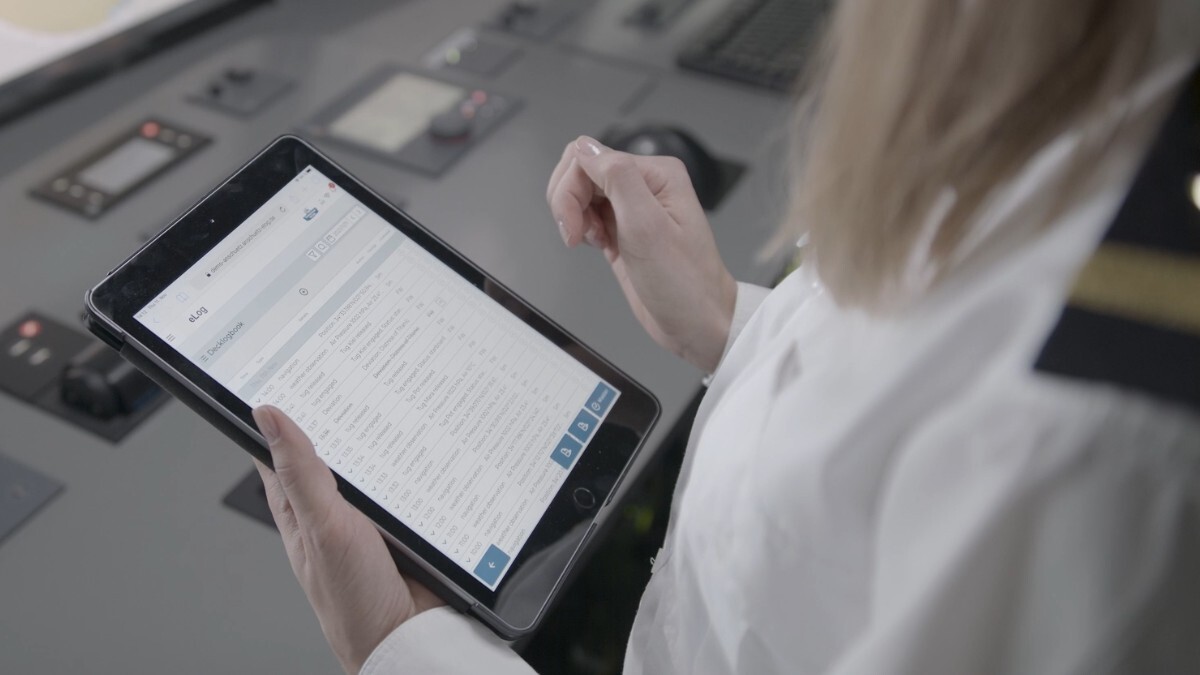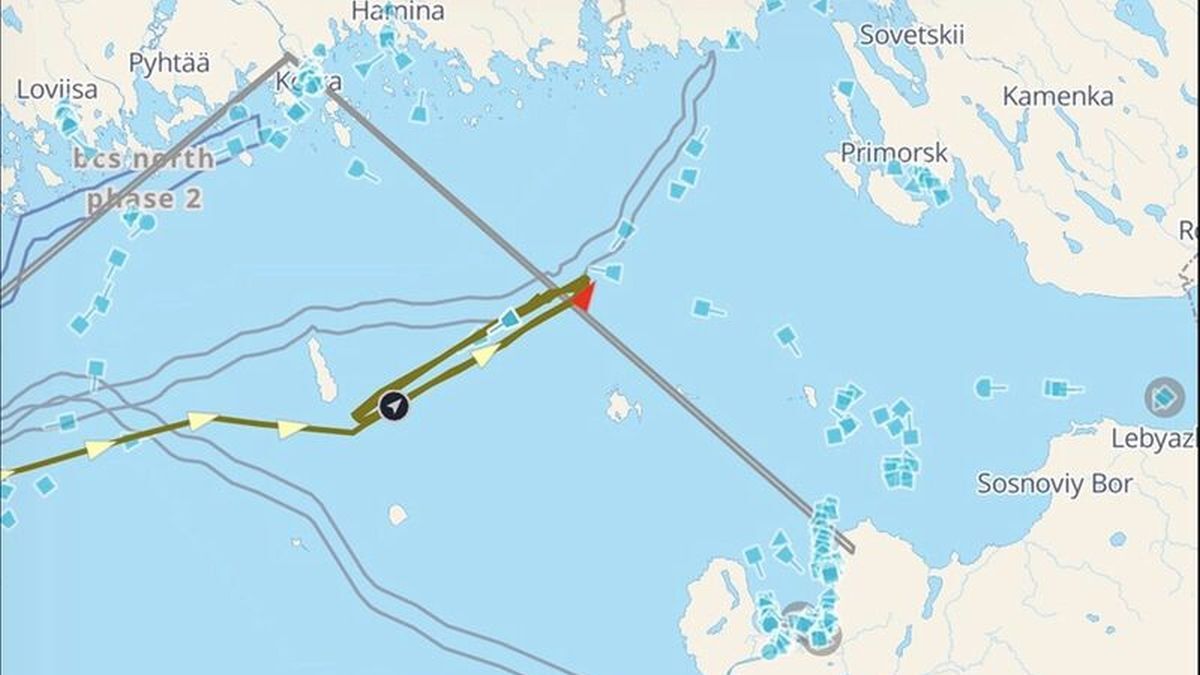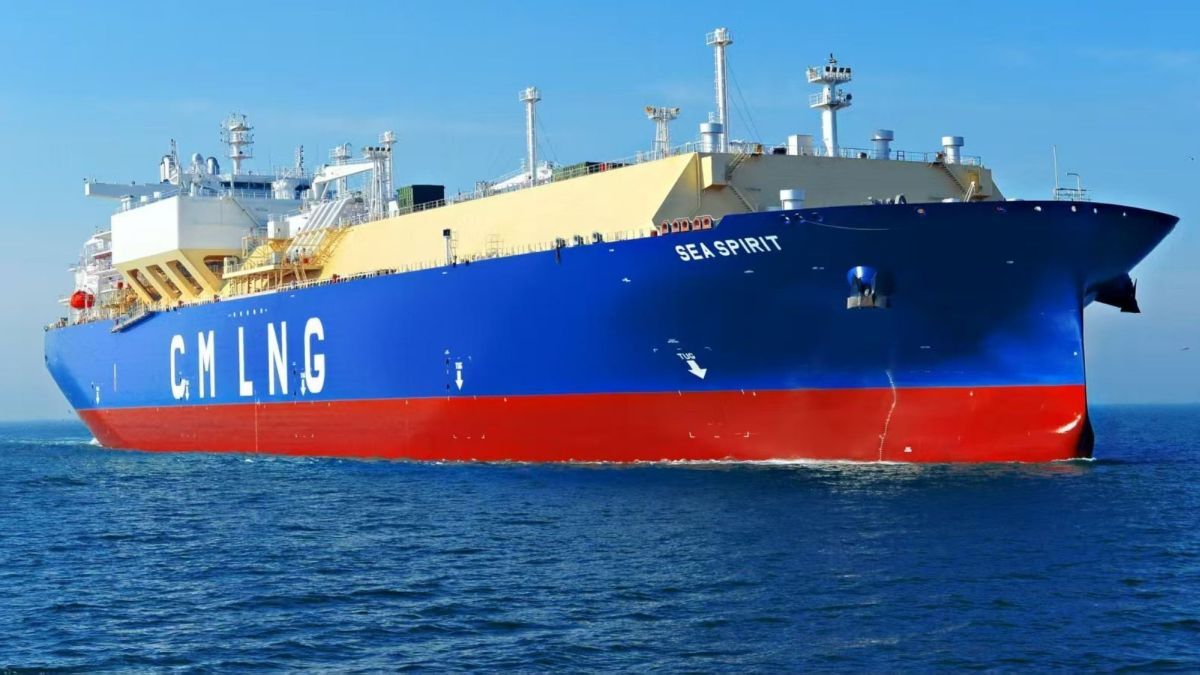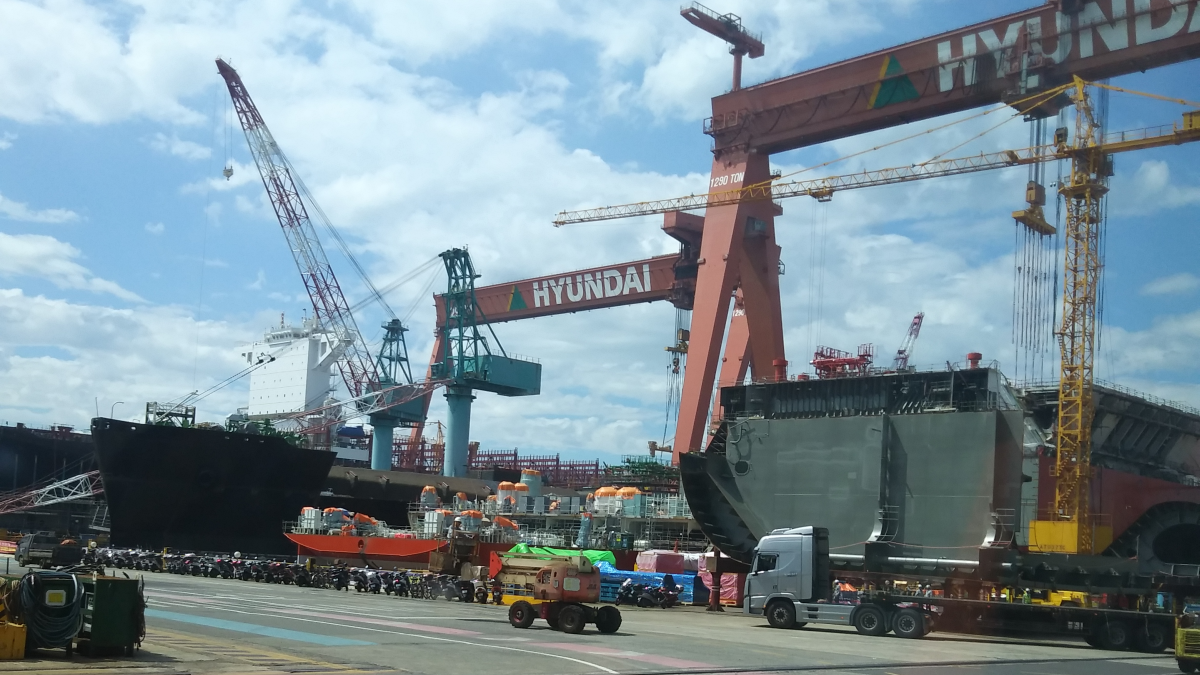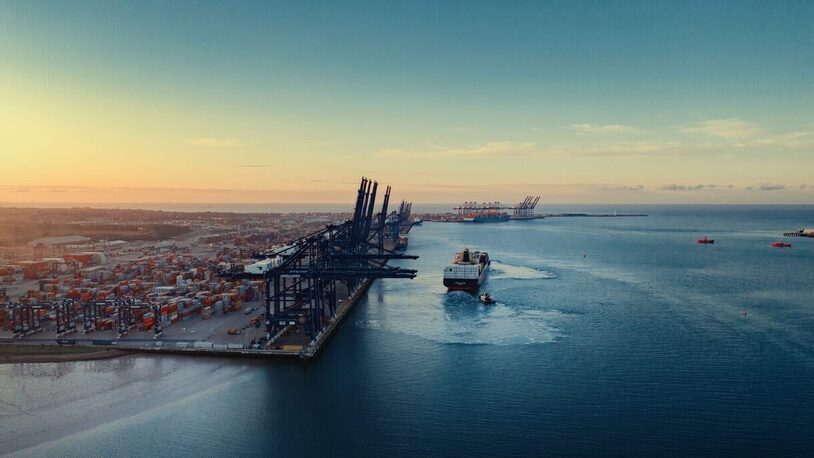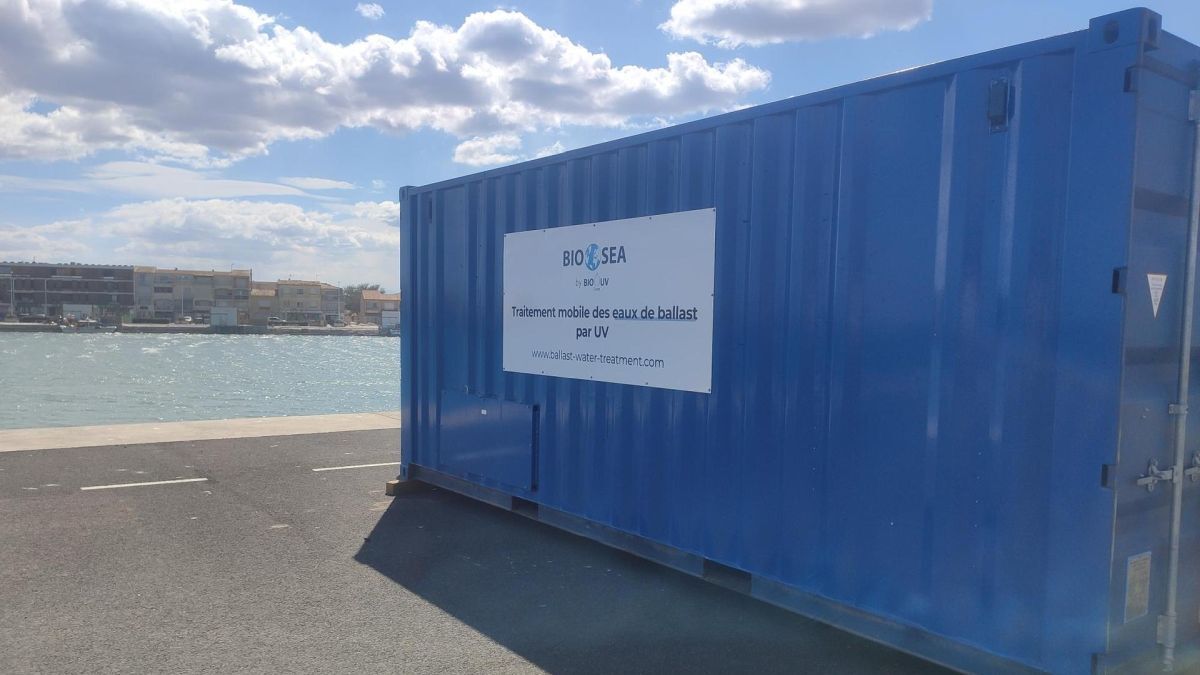Business Sectors
Events
Contents
Register to read more articles.
Electronic logbook updated to meet new IMO ballast water record format
From 1 February 2025, IMO requires ships to adopt a revised Ballast Water Record Book (BWRB) format, enhancing documentation of ballast water operations
International Maritime Organization (IMO) has introduced amendments to the Ballast Water Management (BWM) Convention, mandating a revised format for the Ballast Water Record Book (BWRB) effective from 1 February 2025.
This initiative aims to standardise and enhance the documentation of ballast water operations across the global maritime industry. The amendments, encapsulated in Resolution MEPC.369(80), modify Appendix II of the BWM Convention, detailing a new structure for the BWRB.
More comprehensive entries will be required for standard operations and this updated format introduces sections to document ballast water management system failures and ballast tank cleaning or sediment removal activities.
The goal is to provide greater detail and clarity in record-keeping, thereby improving compliance and environmental protection.
To assist ship crews in adapting to these changes, IMO released Circular BWM.2/Circ.80/Rev.1, offering guidance on ballast water recordkeeping and reporting. This circular includes an updated example of a ballast water reporting form and examples of logging operations under challenging water quality conditions.
While tank-by-tank logging of ballast water operations is not mandatory, it is recommended as a best practice to ensure accurate and detailed records.
In line with these regulatory changes, German navigation systems provider Anschütz has updated its electronic logbook, eLog, to comply with the new BWRB format. The latest software version incorporates several enhancements tailored for ballast water documentation, including an IMO-compliant format, a takeover function that automatically transfers information from previous entries, a tank-by-tank feature, data validation capabilities, tamper-proof security through blockchain technology, a user-friendly interface and remote accessibility for shore-based teams. These features aim to reduce manual input, minimise errors and streamline the recordkeeping process.
IMO also acknowledges the benefits of electronic recordkeeping systems over traditional paper-based methods.
Consequently, from 1 October 2025, electronic BWRBs must receive approval from the flag state administration or a recognised organisation, as outlined in Resolution MEPC.372(80).
Ships employing electronic systems are required to carry a ship-specific declaration confirming compliance with IMO guidelines.
Despite the shift to electronic formats, vessels must retain records on board for a minimum of two years after the last entry and maintain these records under the company’s control for at least an additional three years.
Sign up for Riviera’s series of technical and operational webinars and conferences:
- Register to attend by visiting our events page.
- Watch recordings from all of our webinars in the webinar library.
Related to this Story
Events
Offshore Support Journal Conference, Americas 2025
LNG Shipping & Terminals Conference 2025
Vessel Optimisation Webinar Week
© 2024 Riviera Maritime Media Ltd.


